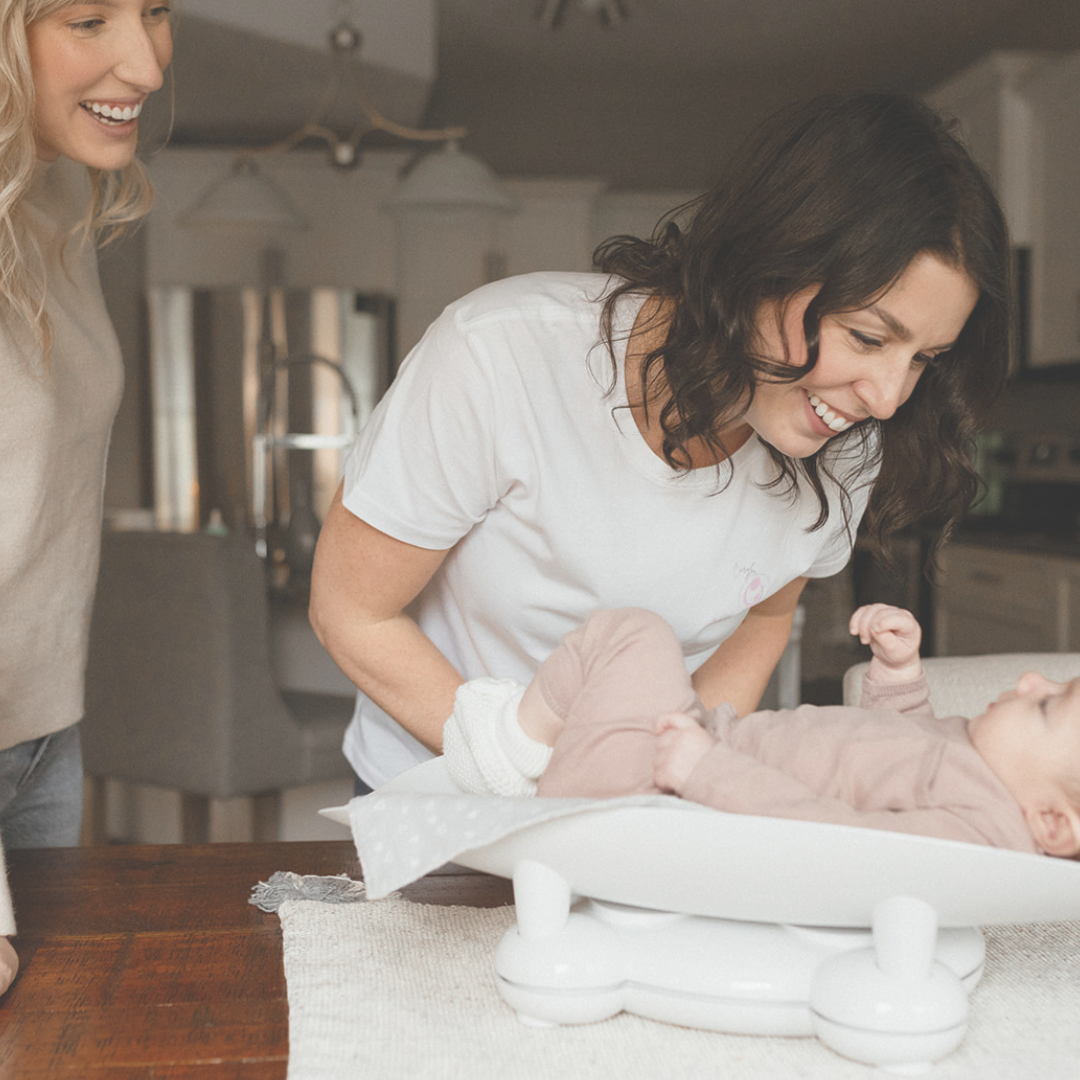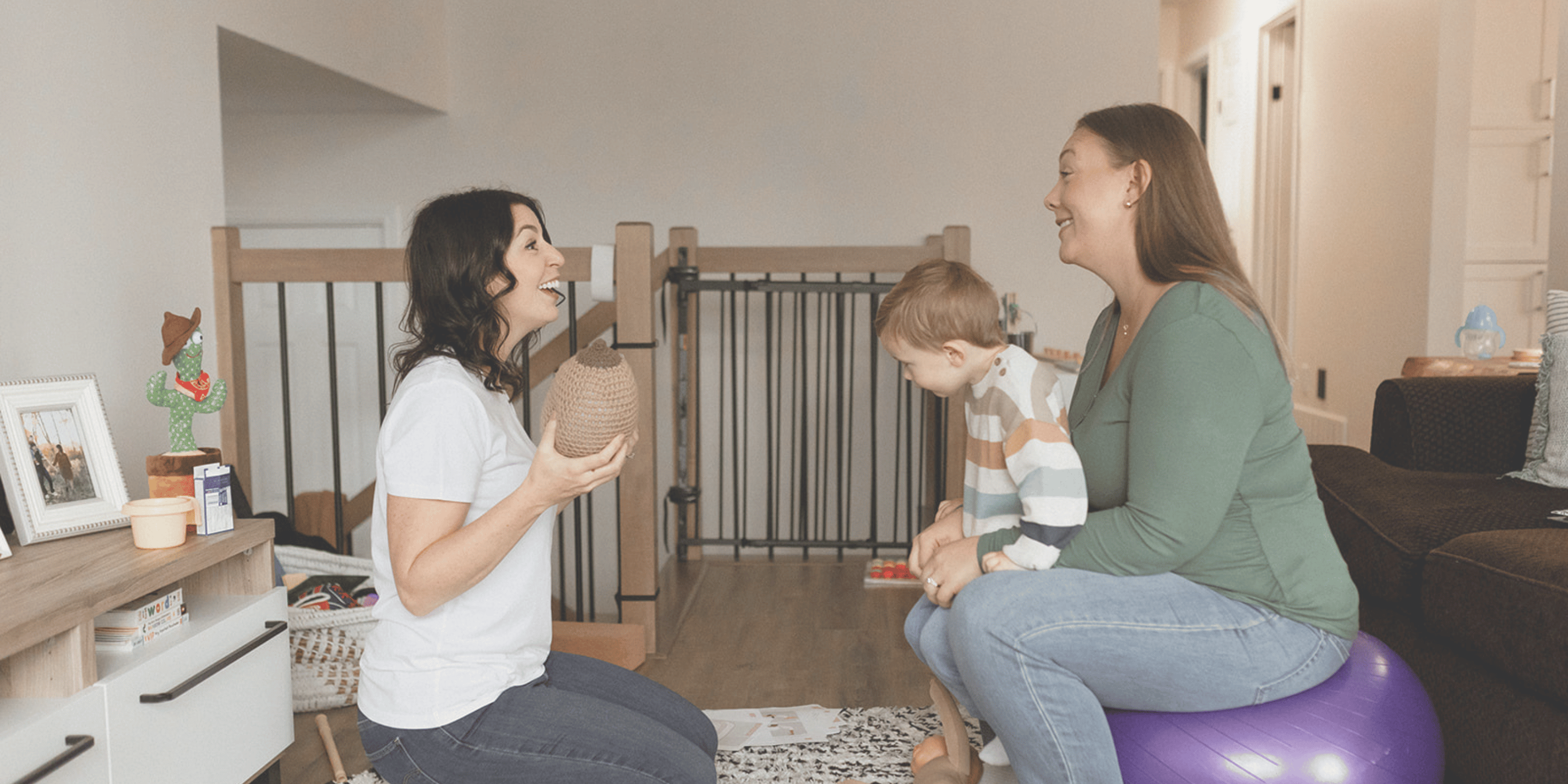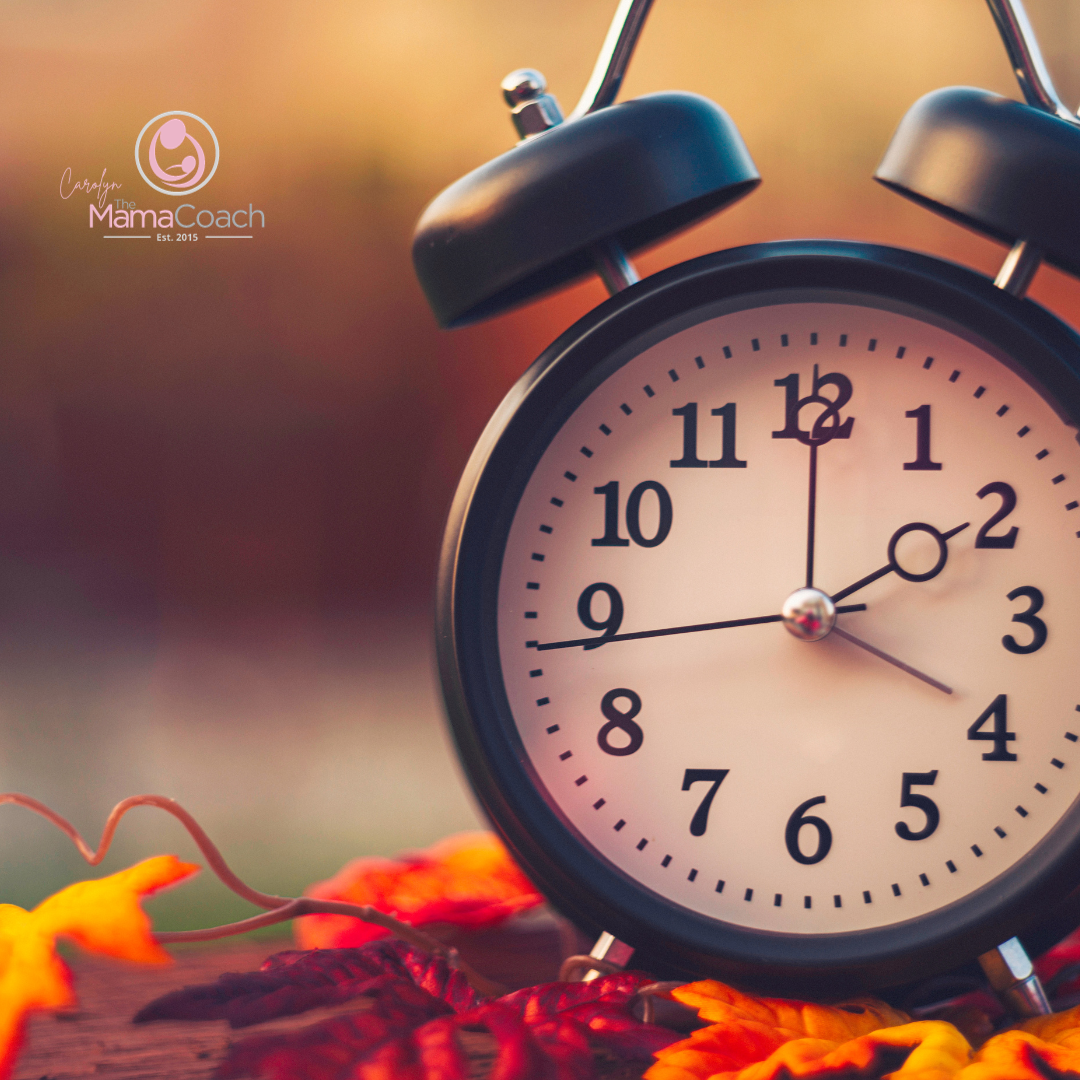Is your child struggling with frequent overnight wakings? Have you tried everything, and no matter what you do, it takes hours for them to fall asleep? Are you at your wit’s end? If your baby won’t sleep…
Let me Help!
As an Experienced Registered Nurse (12+ years) and Infant and Child Sleep Consultant, one of the first things I do with my private clients is check in on foundational easy steps to ensure we’re giving your child the best chance at sleeping well.
Stop buying five different sleep sacks, stop reading the sleep training books by yourself, stop googling and definitely get off those mommy blogs and Facebook groups.
Sleep Science
When we use our body’s natural rhythms, we can influence how long it takes us to fall asleep, how well we sleep and how often we wake overnight. By ensuring we build our foundation, we can determine if we need to add interventions to improve your child’s sleep.
How do we build the foundation of sleep?
Start by learning that our brain controls our sleep, and the hormones our brain produces control our sleepiness and wakefulness.
Our environment and exposure to lightness and darkness affect those hormones in our brains. If we are not exposed to the right type of light, at the right time of day, for the right amount of time – we are affecting our child’s body enough to make sleep more difficult.

What Type of Light?
The first thing to remember is that not all light is equal when we talk about light exposure. The lightbulbs in your house are not nearly bright enough to cause the positive effect that light can have on your child’s sleep. Exposure to BRIGHT light – outside of your home is what we want.
What Time of Day?
The time of light exposure is essential. Bright light exposure from outside is most beneficial and can stabilize your child’s sleep hormones if it occurs in the morning. Going for an early morning walk before lunch can set the tone for your child’s brain to realize that it is daytime and suppress any lingering hormones that induce sleep. The early morning exposure can become an excellent routine to build with your child and to help get you out of the house for the same benefits. On the opposite side, if we were to sit in a dark basement all day and then get that bright outside light exposure very late in the afternoon for the first time, this can confuse our bodies and cause more night wakings. This doesn’t mean don’t go outside in the afternoon, but I would encourage you, at a very minimum, to open your blinds, windows, etc., to have some exposure to light in the morning if you absolutely cannot get outside.

What’s the right amount of time?
This is my favourite part of teaching. I am not here to stress you out or make you think you need a huge hike to improve your child’s sleep. There is scientific evidence that as little as 5 minutes of exposure to natural light – when you LEAVE your house in the morning can benefit sleep. Are we going to leave the house for only 5 minutes? Unlikely, it’s an incredible amount of work to get a child at any age out the door, but once you’re out, just do what you can. Maybe a quick walk with your carrier, wagon, or stroller around the block is all you have – and that’s okay. You’re making a difference.
Exposure to Light & Your Child’s Mood
A bonus feature of this early morning light exposure is that evidence shows that this type of activity boosts your brain’s ability to use Serotonin. This hormone can improve our mood and memory. You and your child can benefit not only in sleep hormone regulation by going outside for that walk, but you’ll also feel happier as a side effect of going outside!
Free Sleep Schedule Guide
If you’re looking for more sleep tips for your child – I have a free wake window guide available here. It’s packed full of sleep schedules for children 3-12 months old!
1:1 Sleep Support
If you need more individualized sleep support, check out my sleep services to book a virtual or in-home consultation with me. I offer assessments, personalized plans, and support packages backed by science to get you to your goal of optimizing sleep gently yet effectively.
References
Blume C, Garbazza C, Spitschan M. Effects of light on human circadian rhythms, sleep and mood. Somnologie (Berl). 2019 Sep;23(3):147-156. doi: 10.1007/s11818-019-00215-x. Epub 2019 Aug 20. PMID: 31534436; PMCID: PMC6751071



